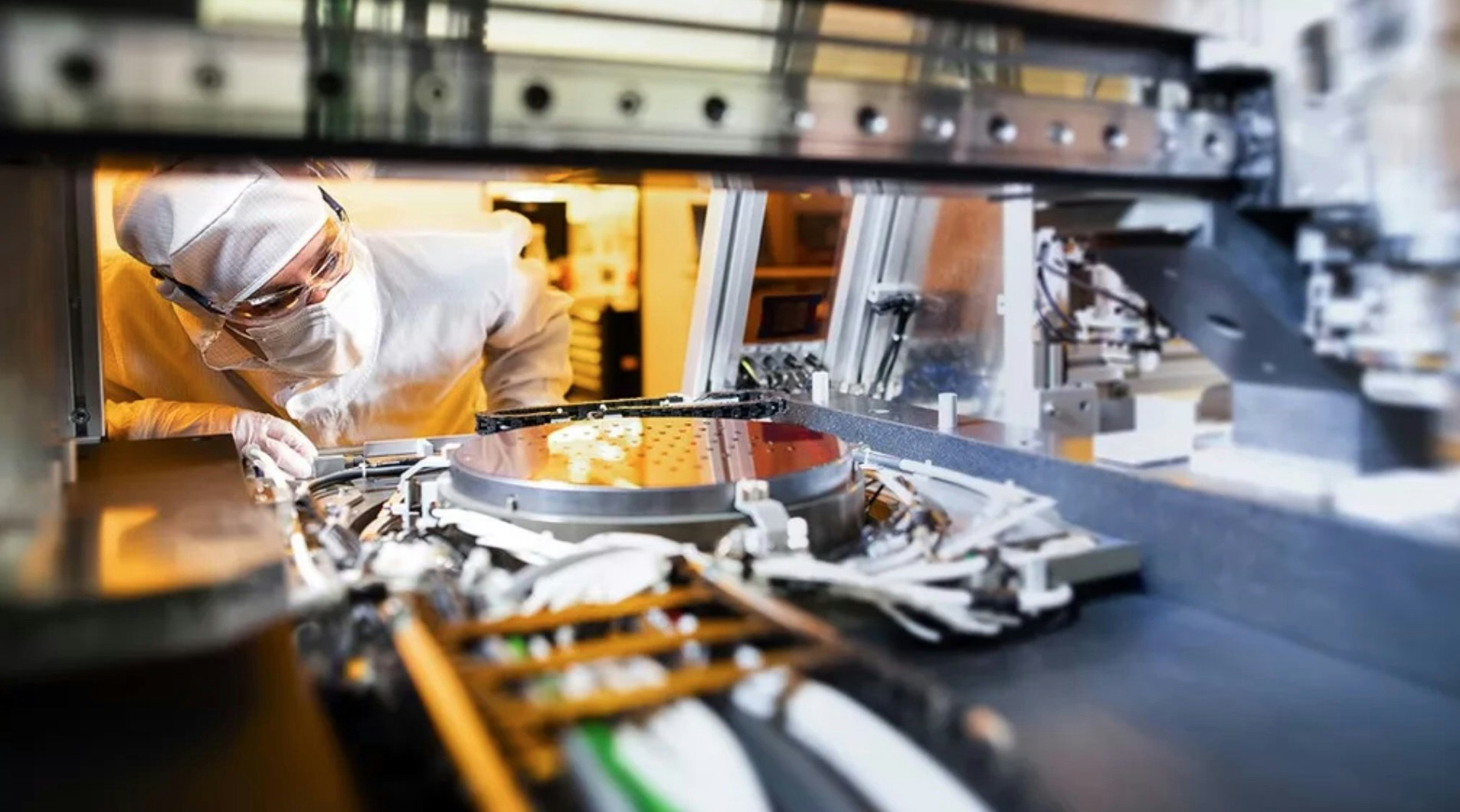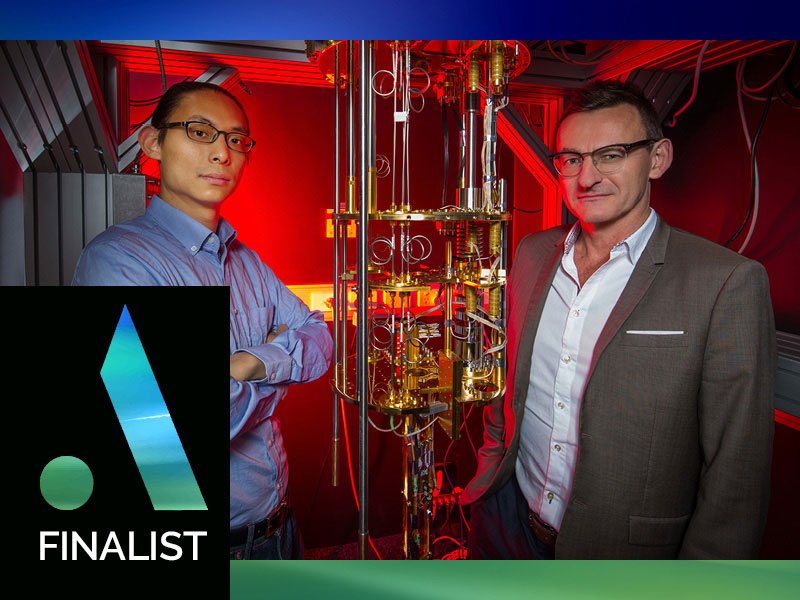- Bell State
- Posts
- Harvard tackles error-correction, a faster Shor, and quantum in France
Harvard tackles error-correction, a faster Shor, and quantum in France
Quantum Intelligence 🤖
Welcome to The Bell State.

Your weekly roundup of the biggest breakthroughs in Quantum Computing.
Harvard Quantum Platform Achieves Breakthrough in Quantum Error Correction
Harvard scientists, led by quantum optics expert Mikhail Lukin, have made significant progress by addressing the persistent challenge of quantum error correction. Their breakthrough, detailed in a paper in Nature, showcases a quantum computing platform built on an array of laser-trapped rubidium atoms cooled to very low temperatures. These atoms function as qubits (quantum bits) that can conduct rapid computations. The team's primary innovation involves the ability to dynamically alter the layout of their "neutral atom array" by moving and entangling atoms during computations, a process pivotal to quantum operations. This arrangement allows their two-qubit entangling gates to operate with ultra-low error rates, achieving rates below 0.5%. The Harvard technique offers advantages over other quantum computing methods, such as superconducting and trapped-ion qubits, due to its larger system size, efficient qubit control, and reconfigurability, making a step towards scalable, large-scale quantum computing.
NYT: Quantum’s Rise Threatens Encryption, Global Security on the Horizon
On what's termed as "Q-Day", a highly advanced quantum computer could pose a significant threat to global privacy and security by potentially breaking current encryption standards. This computer would achieve this by factoring large numbers, a process that would crack the digital locks that secure sensitive information such as military intelligence, banking details, and corporate secrets. Although the risk is not commonly discussed in mainstream circles, experts consider the threat existential. Powerful quantum devices could jeopardize secure communications, financial systems, and other critical infrastructures.
France is getting good at quantum
In 2021, France, under President Emmanuel Macron, committed €1.8bn to quantum technology with the vision of creating 16k new jobs by 2030. Just three years later, France is emerging as a quantum tech powerhouse in Europe. French quantum startups have garnered $250m since 2018, rivaling the UK and Finland. Key players like Quantonation, PASQAL, and Quobly have been supported by Bpifrance, the state bank, exemplifying government backing. Beyond national growth, France is fostering international collaborations in quantum research, partnering with European peers, the US, and Canada, emphasizing global cooperation for future quantum advancements.
Australian Diraq targets Silicon-Based Quantum Computing
Sydney's Diraq aims to lead in full-stack quantum computing by using modified transistors in everyday silicon hardware. Diraq aims to integrate quantum computing into compact chipsets. The design, spearheaded by Professor Andrew Dzurak during his time at the University of New South Wales, employs quantum dot technology and spins in silicon. The company aims to offer an end-to-end quantum computer service, emphasizing its ability to condense powerful quantum computing onto a single chip, contrasting competitors who suggest the need for massive infrastructures.
Feature: Quantum in Healthcare
Applications of quantum in healthcare? Drug Discovery, therapeutics, supply chains, clinical trial design.








